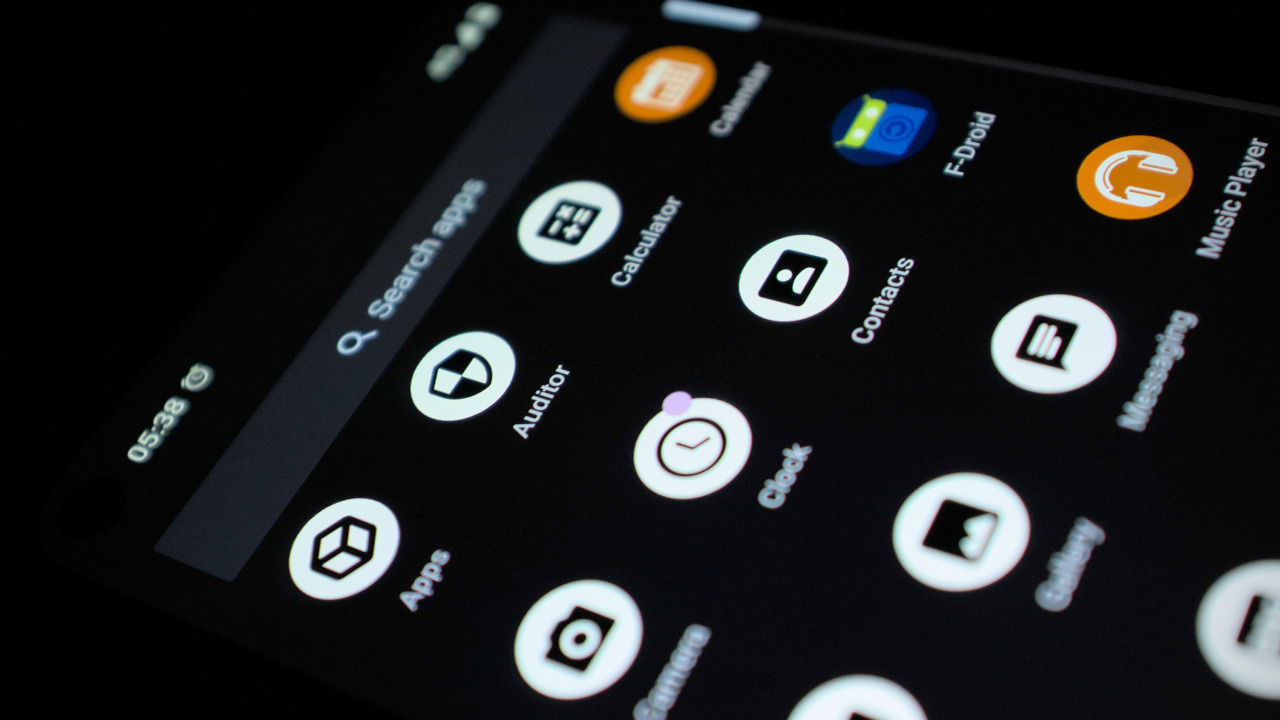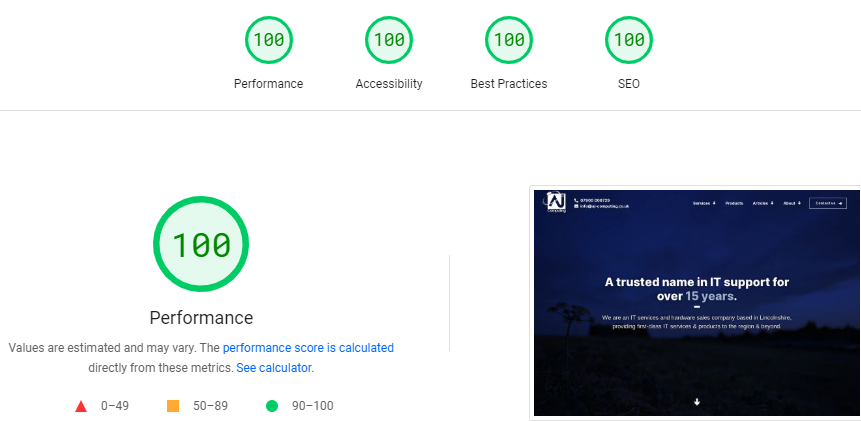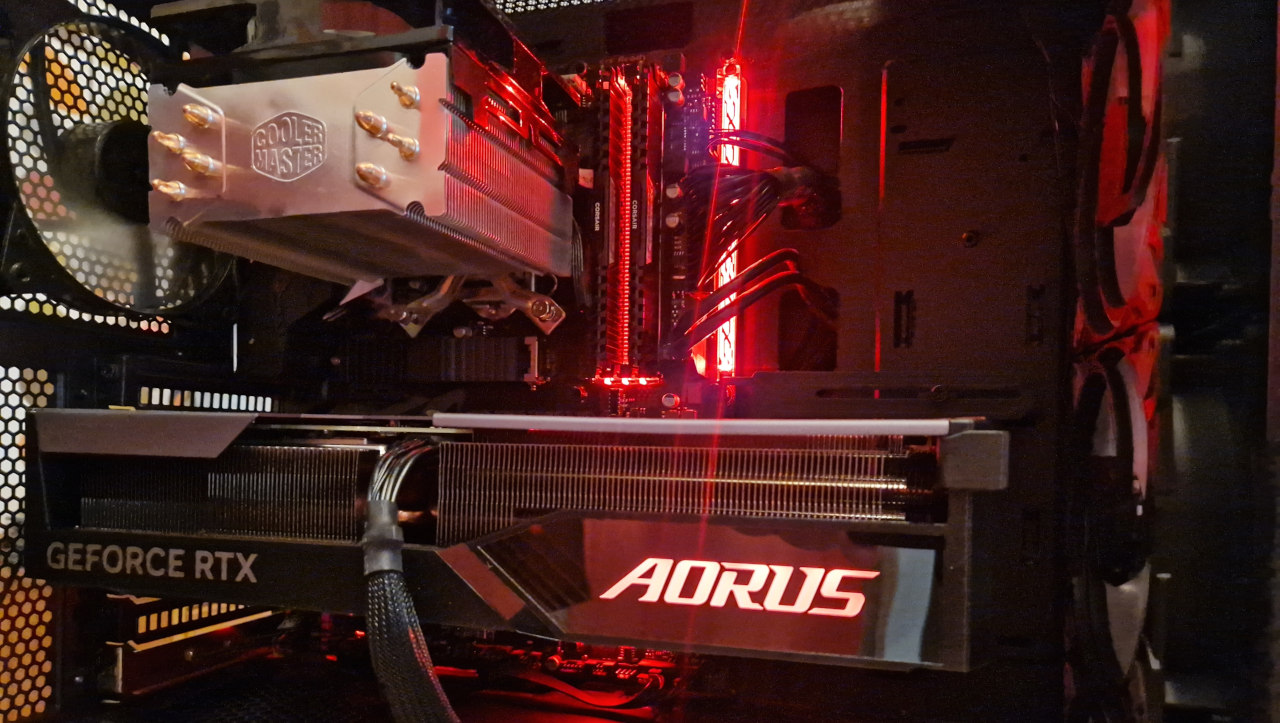Graphene OS is basically perfect
Life with the world's best mobile operating system. (January 2023)
I don’t like smartphones.
I love the idea of having access to all the world’s information and cat photos wherever I am. I like the idea of having a computer in my pocket that is more powerful than the desktop computers of a few years ago (and with the junk machines I like, probably faster than the desktop computers I use today). I do not like what smartphones have become.
Smartphones have become portable dopamine-dispensers, maximising “engagement” above all else because a paperclip-maximising algorithm says that will bring in the money for the people who actually have control over the software on your phone. They have become surveillance tools in which your social graph and your every movement is weaponised against you; tracked, traded and analysed in ways you are not allowed to control or understand, in order to sell you adverts better.
It is a stranger barging in to your house showering you with bags of Haribo while paying too much attention to your furniture and possessions; any gratitude for the gifts should be vastly outbalanced by the complete disregard time for your time, your attention, and your privacy. It is a computing experience that hates you.

I don’t think it was inevitable that things would be this way. After the release of the first smartphone-as-we-know-them, things settled into a certain user-hostile groove so quickly that it feels like that was the only way things could have happened, but it was not. That was a set of decisions by people. That means other people can choose to build a completely different world, independent and exempt. And that is what Graphene OS is doing. It's available now, for free, for anyone with a semi-recent Pixel phone.
What is Graphene OS?
Graphene OS is built on Android. A small group of clever people take the open source Android code, rip out anything that could compromise your privacy, and add in a bunch of hardening features that make it much harder to break in to your phone. That is a massive over-simplification that certainly understates just how much work goes into Graphene OS.
It means you get Android - and, with only a tiny bit of extra effort effort, it is capable of running almost any app Android is capable of running - but without any of the tracking, and with some advanced security features. It means you get just Android the operating system, not Android plus whatever half-baked apps your phone manufacturer decided to “add value” with, and not Android plus some electronics company’s user-interface unimprovements.
It is almost entirely open source, and developed in the open by people who put your interests and your privacy first.
There is probably no more secure and private phone operating system in the world. But what caught and held my interest, and made me switch, was the seriousness which the project exudes; there may be alternative distributions of Android, but none of them have conveyed to me the same laser-sharp focus that Graphene OS did. That’s subjective, but if you look at their website you might see what I mean.
Installation
Graphene OS will only work on relatively-recent Google Pixel devices. Nothing else will even attempt to install, and Graphene OS has no interest in supporting anything else. I am using it on a Pixel 4a, because this was the cheapest way of trying it out. The 4a is also probably the last Pixel to have a 3.5mm headphone jack, the lack of which I will never consider normal, by the way.
Installing Graphene OS is dead simple, if you are using one of the supported devices. It even has a simple clicky web-based (!) installer, which is what I used to install on my phone.
I would only urge to read the installation instructions, and when you are done, actually read the installation instructions, especially the bit about not using cheap cables. I did not read the part about cheap cables, until it refused to flash, and then I still didn’t read the installation instructions carefully and thereby missed another operating-system-specific “gotcha” (specifically, that Ubuntu ships with a Chromium browser which has broken WebUSB). Don’t do that! Read the instructions, carefully!
What is it like to use?
Graphene OS works flawlessly. I can think of no reason that anyone could not use this as their daily driver.

There are no user interface surprises to anyone who has used a smartphone in the last decade and a half. Android, but better. Because it is not loaded down with manufacturer or carrier nonsense, it works faster and feels faster than Android-in-practice on almost any other phone. Though we’ve been encouraged to think of them as read-only media consumption devices, smartphones are in fact incredibly powerful portable computers, and Graphene OS is so snappy that you really feel that fact.
And best of all, the experience is quiet. The only notifications you will see are of Graphene OS's regular software updates. There are no "on this day" notifications, or weird carrier upsells, or anything else to interrupt your day when you do not need to be interrupted. I find this important. My phone should work for me, and it does not grab my attention to make some number go up to meet someone's monthly engagement targets. Graphene OS is a calm experience.
Graphene OS doesn’t really have many opinions on what you should do with your phone, and so it makes a conscious decision to not ship with many pre-installed apps. This is good! If you install the Play Store (which is heavily sandboxed under Graphene OS), almost all of your normal apps will work. Yet, there might be little point in installing a privacy-centric OS on your phone and then installing the usual set of dopamine dispensers on it.
Instead, here are some things I use, all of which are open source and thus can probably be trusted to not be user-hostile.
- Signal for messaging, instead of that other well-known messaging program that sends your contact list to Facebook to be harvested for a social graph.
- F-Droid, the alternative app store, to install the rest of the programs on this list. It has its issues. It is still better than its alternatives.
- NewPipe for watching YouTube videos, which allows me to download videos at home where data is fast and reliable, and watch them on the train where data is neither of those things.
- K-9 Mail, with notifications turned off to keep my life calm, for checking email.
- Simple Music Player, so I can play MP3 files that I buy, rather than streaming music from services which might pull my favourite songs at any time (and are selling your habits to advertisers). It is a regression that the mobile computing experience no longer has files that you work on and instead has apps and services that you work in. "The app" is to "the file" as AOL was to the Internet. Files are good! Files move between programs, files are yours forever, and files work even if your Internet connection is spotty.
- Simple Calendar Pro, from the same authors, synchronising with a CalDAV server I pay for rather than with Google or anyone else that might be using my schedule as algorithm-fuel.
- Simple Notes Pro, also from the same people, for ad-hoc writing down of things.
- Termux, for SSHing in to one of my needlessly-large squadron of servers when I am not near a full-size computer.
All of that makes for a pleasant, tracking-free, advert-free, user-prioritising, owned-by-me experience. I would recommend it for anyone.
Almost, but not actually, perfect
As said, Graphene OS works flawlessly for me. I’ve been using it for nine months and I cannot fault it on a single thing for the things it does. I do not think it is perfect. I am not sure perfect is possible in the current environment; Graphene OS is the best mobile operating system given what options actually exist.
My only gripe with Graphene OS is that its default browser is based on Google's Chrome browser, which does not support extensions on Android. That means it cannot support content filtering. According to the Graphene OS authors, it will support it soon. Whatever the risks of extensions like uBlock Origin may be - in particular, the risks of running an alternative, Gecko-based browser that supports them, which the Graphene OS people think you should not do - I think they are vastly outweighed by having vast swathes of JavaScript code that are not being executed in the first place. Let that difference of opinion be what it is; I'll happily wait for Vanadium's content filtering to appear whenever it appears.
Still, in the back of my mind somewhere, what I actually wish is that Linux phones were capable of providing a viable alternative for those of us who want a little more control over our phones. They are, currently, not. I ran a Linux phone as my daily for over a year. My complaints about it were not those of normal people, such as “it doesn’t run any mainstream apps”; rather, they were the gripes of someone did their best to like it and kept using it out of principle, such as “I did not reliably receive text messages” and “alarms stopped working for no particular reason”.
It is a shame, because as under-resourced as they are, the Linux-on-phone projects care solely for their users. So does Graphene OS, but the Android open source project on which Graphene OS is based is built by Google. Android development will always follow the interests of Google. Those interests overlap with those of users only by accident. It is tempting to believe that Android’s open source nature might save us. We have precedent to indicate that this will not be.
When Google’s interests (serving adverts) interfered with those of the users (blocking adverts) in their open source Chromium web browser, Google’s interests took priority, and thus we got Manifest v3 designed to neuter full-spectrum content blockers. One might be nominally free to fork the Chromium browser and add those features back in. In reality, maintaining such a fork is beyond the capabilities of an organisation much smaller than the Google Chrome team, because browsers are huge and complex pieces of software.
So it is with Android, but more so. Alternative Android distributions have not yet reached the adoption that would pose a threat to Google, as uBlock Origin and other content blockers have. That day may yet come. When it does, we can assume that Google will do their utmost to break alternative distributions. As such, privacy-focused Android distributions are safe from Google insofar as they currently fly under the radar.
Still. None of that is a certainty, so let's not worry about that future. And should that come to pass, Graphene OS has bought us a few years until some other user-respecting OS is ready.
Conclusion
If you have a Pixel 4a or newer kicking around, and want to take back a little control of your life and happiness, Graphene OS is a very good start.
If you want to experiment with alternative Android distributions but do not own a modern-ish Pixel phone, DivestOS might be worth looking at.
If nothing else, maybe this article might help you think about who is in control of your portable computing experience, and how you could think about taking some of it back, even if it is a little piece (an app, a thought, a file) at a time.
The opinions in this article are those of an AJ Computing technical consultant & guest writer, not those of AJ Computing, and may indeed not be the views of any reasonable person at all.


